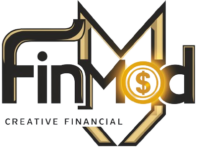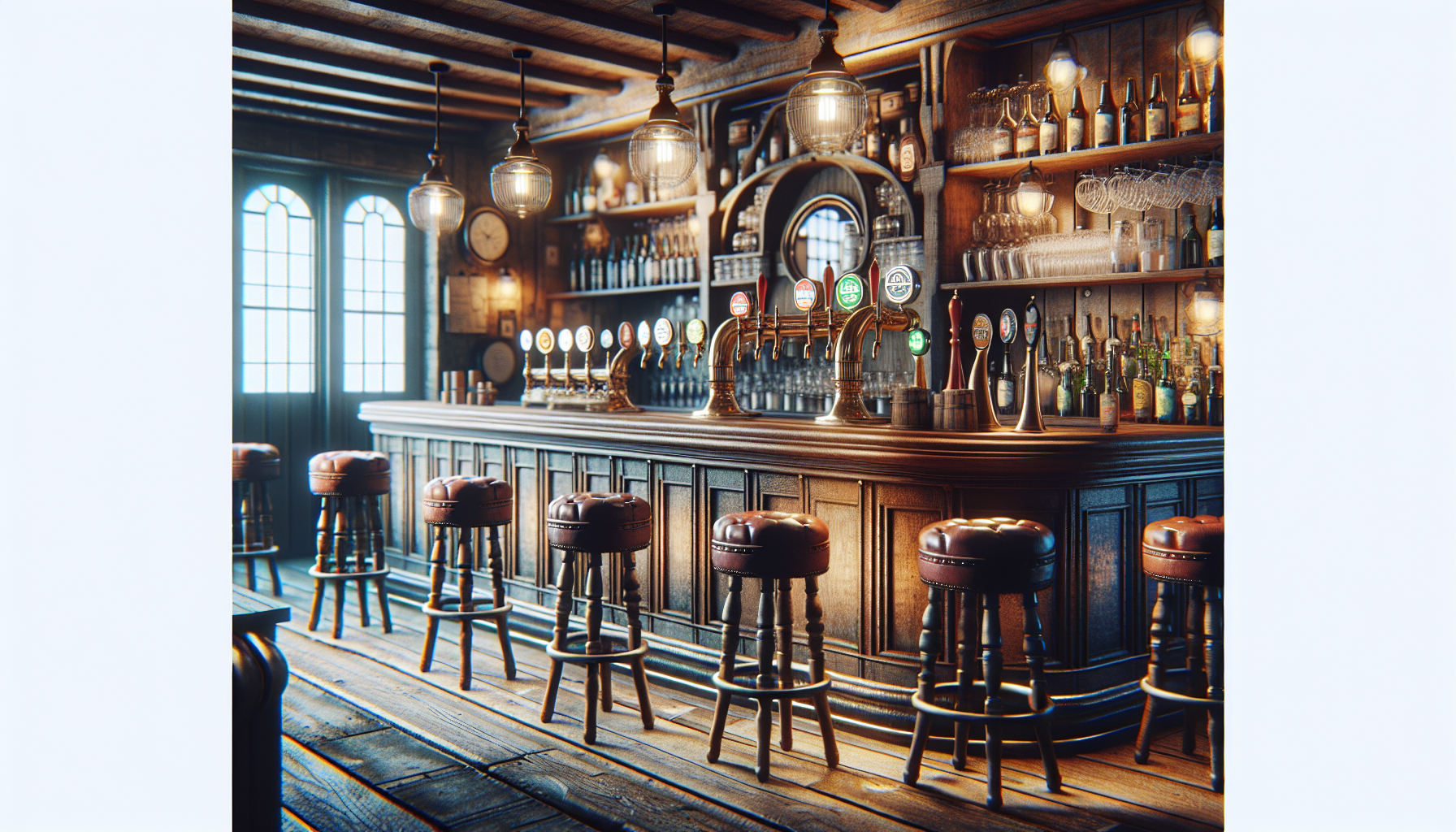Understanding the Pub Leasing Process
Leasing a pub can be an exciting venture for aspiring pub landlords, but it’s crucial to understand the process and make well-informed decisions. The pub leasing process involves several key steps, from choosing the right pub ownership model to negotiating the terms of the pub tenancy agreement.
Leasing vs. Renting vs. Buying a Pub
When it comes to acquiring a pub, there are three main options: renting (tenancy), leasing, and buying the freehold property. Each option comes with its own set of advantages, disadvantages, and financial implications.
Renting a pub through a tenancy agreement offers an easy entry point and flexibility, as you can typically exit the agreement with relative ease. However, you may have limited control over stock and be responsible for maintenance.
Leasing a pub involves a longer commitment, usually ranging from 5 to 25 years. As a leaseholder, you have more control over the business and can even sell the lease. However, you’ll be responsible for repairs and maintenance costs.
Buying a freehold pub is the most expensive option but provides complete freedom and control. As the owner, you’ll be responsible for all aspects of the pub, including finances and legal matters.
Key Considerations When Leasing a Pub
Before signing a pub lease, it’s essential to carefully consider several key factors:
- The location and condition of the pub premises
- The duration of the lease and any potential rent increases
- Your responsibilities for repairs and maintenance
- Restrictions on business operations or renovations
Researching the local market, customer demographics, and competitors is crucial to making an informed decision. Understand the costs associated with each pub ownership model and be prepared to negotiate the terms of the lease.
Preparing for Pub Landlordship
Becoming a successful pub landlord requires a combination of skills, knowledge, and dedication. Proper preparation is key to navigating the challenges and maximizing your chances of success.
Essential Skills and Traits of Successful Pub Landlords
Running a pub demands a diverse skill set and certain personal qualities. Some essential traits of successful pub landlords include:
- A passion for hospitality and customer service
- Strong business acumen and financial management skills
- Excellent communication and people skills
- Resilience and adaptability in the face of challenges
- Willingness to work long hours and make critical decisions
Developing these skills and cultivating the right mindset is crucial for thriving in the pub industry.
Obtaining Necessary Licences and Certifications
To operate a pub, you’ll need to obtain various licences and certifications. The most important one is the personal licence, which allows you to sell alcohol on the premises. To obtain a personal licence, you’ll need to complete a training course covering topics such as:
- Legal responsibilities of selling alcohol
- Preventing underage sales and drunk and disorderly behavior
- Maintaining beer quality and proper cellar management
Investing in comprehensive training will equip you with the knowledge and skills needed to run a compliant and successful pub business.
Financing Your Pub Lease
One of the most significant challenges of leasing a pub is securing the necessary financing. Understanding the various pub financing options and estimating your startup costs and ongoing expenses is essential for creating a solid financial plan.
Estimating Startup Costs and Ongoing Expenses
Before seeking financing, you need to have a clear understanding of your startup costs and projected ongoing expenses. Some key costs to consider include:
- Lease deposit and rent
- Inventory and equipment
- Licences and permits
- Staff wages and training
- Utilities and maintenance
- Marketing and advertising
| Expense Category | Estimated Cost |
|---|---|
| Lease deposit | £10,000 – £50,000 |
| Inventory (initial stock) | £5,000 – £20,000 |
| Equipment and fixtures | £10,000 – £50,000 |
| Licences and permits | £1,000 – £5,000 |
| Working capital (3-6 months) | £20,000 – £50,000 |
Having a realistic estimate of your startup costs will help you determine how much financing you need and create a more compelling business plan for lenders.
Exploring Alternative Financing Methods
While a commercial mortgage is a common financing option for leasing a pub, there are alternative methods worth exploring, especially if you have limited capital:
- Government-backed startup loans
- Unsecured business loans
- Crowdfunding platforms (e.g., Kickstarter, Indiegogo)
- Private investors (e.g., angel investors, friends, and family)
- Pub franchise opportunities
Researching and pursuing multiple financing options can increase your chances of securing the funds needed to lease your pub.
Developing a Solid Business Plan
A well-crafted business plan is essential for securing financing, guiding your pub’s operations, and increasing your chances of success. Your business plan should provide a comprehensive overview of your pub concept, target market, financial projections, and growth strategies.
Conducting Market Research and Competitor Analysis
To create a compelling business plan, you need to conduct thorough market research and analyze your competitors. Some key areas to focus on include:
- Local demographics and customer preferences
- Nearby pubs and their offerings
- Potential partnerships and suppliers
- Industry trends and consumer behavior
Understanding your target market and competitive landscape will help you refine your pub concept, identify opportunities, and develop effective marketing strategies.
Setting Realistic Financial Goals and Projections
Your business plan should include detailed financial projections, including:
- Startup costs and funding sources
- Projected income and expenses (profit and loss statement)
- Cash flow projections
- Break-even analysis
- Long-term financial goals and growth plans
| Year | Revenue | Expenses | Net Profit |
|---|---|---|---|
| 1 | £300,000 | £250,000 | £50,000 |
| 2 | £350,000 | £275,000 | £75,000 |
| 3 | £400,000 | £300,000 | £100,000 |
Setting realistic financial goals and projections will help you secure financing, monitor your pub’s performance, and make data-driven decisions.
Leasing a pub comes with its share of challenges, particularly for first-time pub landlords. Being aware of common pitfalls and seeking expert guidance can help you navigate these challenges and increase your chances of success.
Avoiding Common Pitfalls and Mistakes
Some common mistakes made by new pub landlords include:
- Underestimating startup costs and working capital requirements
- Signing a lease without fully understanding the terms and responsibilities
- Failing to conduct thorough market research and competitor analysis
- Neglecting licencing requirements and compliance issues
- Overestimating sales projections and profitability
Learning from the experiences of other pub landlords and seeking advice from industry experts can help you avoid these pitfalls and make more informed decisions.
Seeking Expert Guidance and Support
Leasing a pub can be a complex and daunting process, but there are many resources and support services available to help you succeed:
- Business advisors and mentors
- Industry associations (e.g., British Beer and Pub Association)
- Pub-specific training courses and workshops
- Online forums and networking groups for pub landlords
- Legal and financial professionals with experience in the pub industry
Seeking expert guidance and building a support network can provide valuable insights, help you navigate challenges, and increase your chances of running a successful pub business.
See also:




